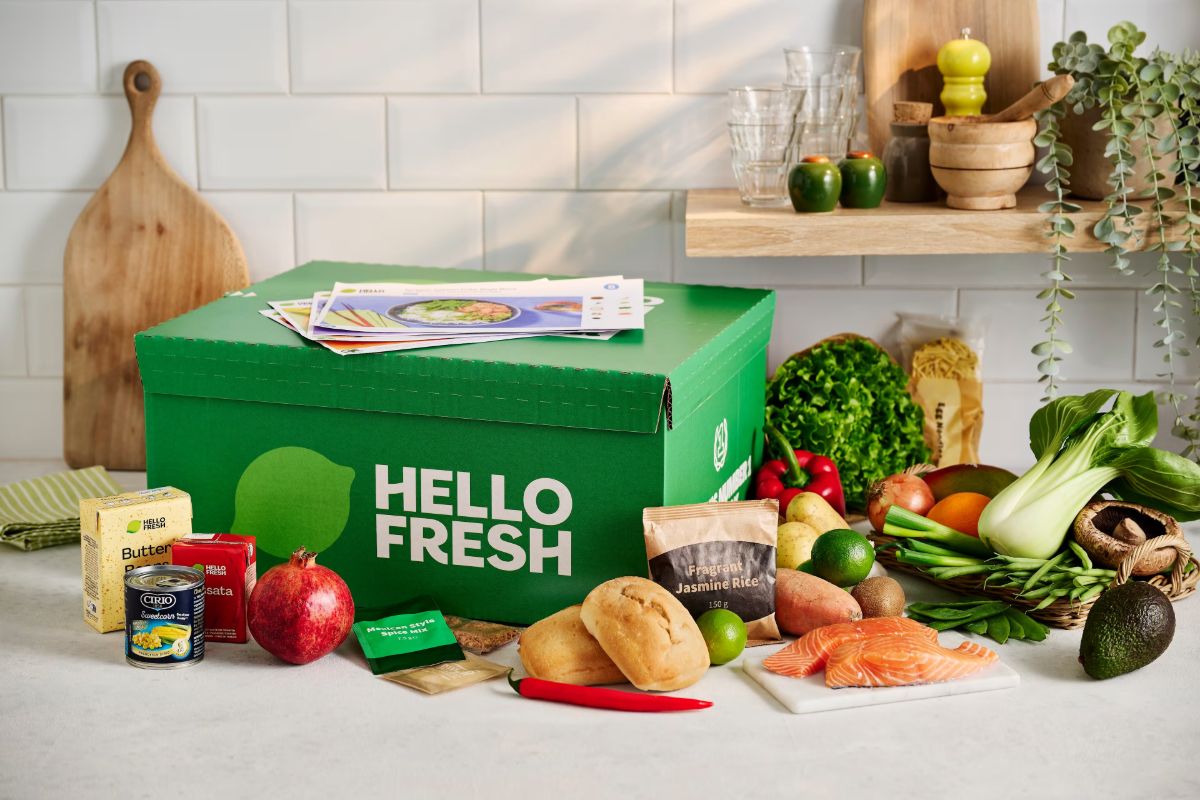Consumers would rather buy online than go to a store to make a purchase – as long as the item they’re buying is not a luxury one, a new study has found. Some 77% of UK respondents told KPMG’s Consumers and Convergence V: The Converged Lifestyle study that they preferred to buy CDs, DVDs, books and video games online, compared to 65% around the world. Some 74% said they were more likely to buy flights and holidays online (70% globally).
But the majority said they would rather buy luxury goods in the store and four out of 10 avoid buying groceries online. In the Americas, there was a stark division between the more than three quarters of respondents who said they would book a flight online and the 21% who said they were more likely to buy groceries over the internet.
Meanwhile, almost half of UK consumers need their smartphone or tablet with them when shopping on the high street – some 45% of UK respondents said they would use their mobile device to find their nearest store, while 32% would research products and services using it and 30% use it for online coupons. Almost a quarter, found the study, would use their mobile device to pay. And most customers in the UK check online feedback and ratings before buying a product or service.
Tudor Aw, KPMG’s European head of technology, said: “From buying goods on their mobile phones to keeping up with friends on social networks, consumers are increasingly reliant on a range of technologies that perform important – yet often overlapping – tasks.
“This new ‘converged lifestyle’ will have huge implications for retailers. The integration of various channels will become increasingly important as retailers begin to see many of their consumers move to online and application-based purchases.” He added that retailers would need to understand the risks and opportunities of the mobile devices that are empowering consumers.
Meanwhile, a study from social commerce company Reevoo found a growing number of people relying on friends’ recommendations when they make a purchase. Some 74% quizzed in September for the Reevoo study said they were the most important factor in a purchase, up from 70% in Revoo’s previous study, conducted in March 2011. Reviews written by strangers were important for 65% of consumers, up from 62% in March.
The study also found that 39% of consumers now consult three channels from a list including mobile, Facebook, online and offline, when making a purchase, up from 36%. And in the six months between the two studies, the number of people making purchases through Facebook has doubled, from 4% of respondents to 8%.
Richard Anson, founder and chief executive of Reevoo, said: “In repeating this research so soon after we first conducted it, we hoped to identify the rate at which the consumer purchase journey is becoming social, and the speed at which it is becoming an accepted part of our shopping lives. The results have certainly confirmed our view that it is, indeed, a rapid process, and that it is a phenomenon that is touching and changing the behaviour of all age-groups.
“We have said for some time how vital it is that marketers who have so far ignored social commerce need to look at it very seriously, now. Many brands are translating these social changes into revenue, while those that don’t will be left behind – and now we can see just how fast they might be receding into the distance.”
The KPMG study also found that consumers were now happier to allow advertisers to track their online use and personal profile information in exchange for lower costs or free content. Some 49% of UK respondents said they were prepared to trade their privacy for lower costs, while 62% globally said they would be happy to be tracked by advertisers.
But at the same time UK respondents were more concerned about security. Some 27% had used mobile banking (52% globally), with 66% concerned that their credit card information might be intercepted. Just 53%, compared to 65% globally, said they would store their personal data on the web through cloud-based storage.
The study surveyed 9,600 consumers, aged from 16 to over 65, in 31 countries.
Our view: This study suggests that the growing familiarity of the British shopper with how ecommerce works means they are now happy to buy via the internet – as long as the item they are getting is pretty standard. But when there’s a choice and when large amounts of money are involved, many consumers would rather go and have a look for themselves – as long as it’s relatively easy to do so – rather than be disappointed with a purchase.
The trick for retailers is to work out how their customers like to buy from them, and to make it as easy as possible for them to do so, while remembering that for the 70-something percent who would rather buy online, there’s a significant 20-something percent who would rather not.








